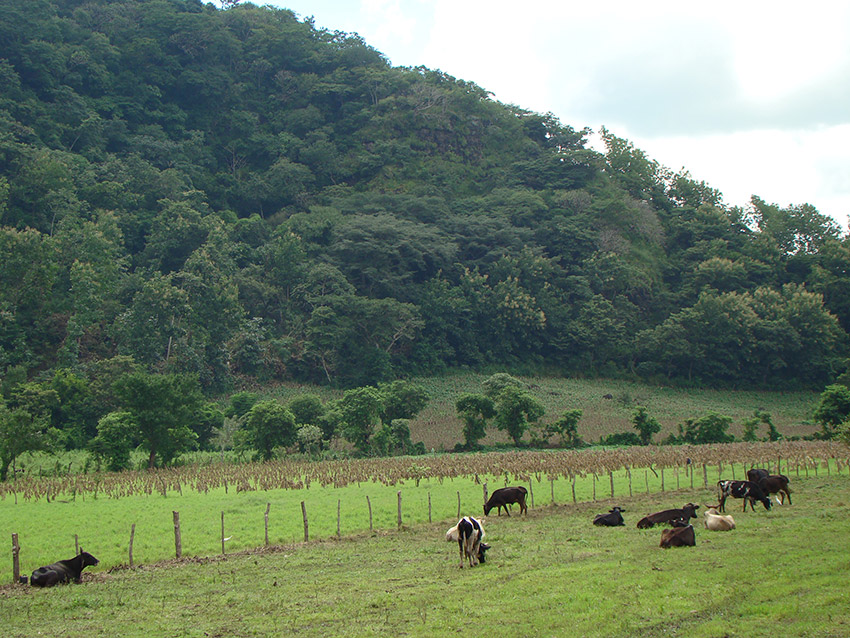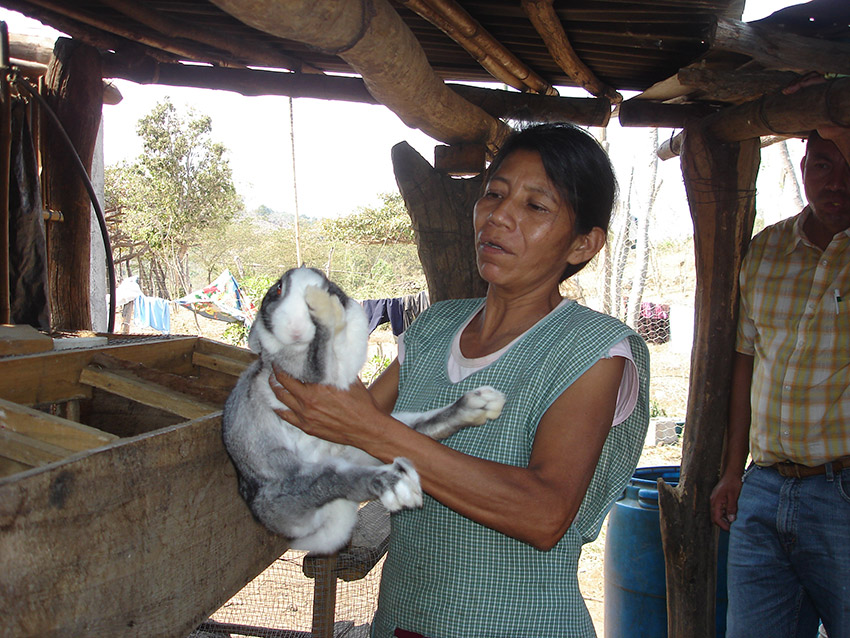CATIE El Salvador
La República de El Salvador es miembro regular del CATIE desde el año 1988 cuando la Asamblea Legislativa de El Salvador ratificó la adhesión del país al Centro, estableciendo así, por voluntad propia, ser miembro regular del CATIE y cumplir con las políticas institucionales y normas en relación con sus miembros. Además, como país miembro juega un papel importante en el Consejo Superior de ministros, órgano superior de gobierno de CATIE.
CONTRIBUCIÓN A FORMACIÓN CONTÍNUA
- Reunión de entrega de resultados y cierre del Proyecto: “Desarrollo de Modelos de Manejo Sostenible de Bosques Secundarios y sus nexos con el financiamiento privado”, desarrollada presencialmente en Hotel Barceló – San Salvador, junio 2022.
- Taller Regional del Proyecto “Sistemas Agroforestales Adaptados para el Corredor Seco – AGROINNOVA”, desarrollado presencialmente en Costa Rica – Abril 2022.
- “I Congreso Latinoamericano Científico y Técnico del CACAO”, desarrollado en ANECACAO - Ecuador y Universidad Toribio Rodríguez de Mendoza - Perú – noviembre 2021.
- “Taller: Planes de Manejo Forestal en El Salvador. Junio 2021, Perquín – Departamento de Morazán”, para fortalecer el conocimiento y aplicación de las bases para la elaboración de planes de manejo forestal en El Salvador.
FORTALECIMIENTO DE CAPACIDADES
El CATIE enriquece su aporte al país a través de la formación de líderes de cambio con su programa de capacitación que brinda numerosas alternativas para la formación del capital humano.
En los últimos 2 años, ciudadanos salvadoreños han participado en diversos cursos cortos, cursos estratégicos y diplomados técnicos en la sede central del CATIE y en El Salvador.
INVESTIGACIÓN Y DESARROLLO
Proyectos Desarrollados por CATIE en El Salvador 2021-2023

Plan de Atención a la Inseguridad Alimentaria y Nutricional de la Mancomunidad Trinacional Fronteriza Río Lempa provocada por la Pandemia del COVID19 en el Marco del Programa Centroamericano de Gestión Integral de la Roya del Café (PROCAGICA) y el Proyecto Sistemas Agroforestales Multiestrato Adaptados para el Corredor Seco Centroamericano (IICA-CATIE/ PROCAGICA/AGRO INNOVA).
Organizaciones socias: Consejo Superior del Café, consultores CATIE y CATIE - SEDE.
Período: Años 2021 - 2022.
Principales resultados:
• Obra “Construcción de Invernaderos Galvanizados”.
• Adquisición de semillas e insumos para el plan de apoyo a la mancomunidad trinacional fronteriza del Río Lempa.
• Compra de plantas de café, fertilizantes, equipo menor (bombas rociadoras, carretillas y otros).
• Compra de aves para el plan de apoyo a la mancomunidad trinacional fronteriza del Río Lempa.

Escalando soluciones de adaptación para la resiliencia y reducción de la migración en el Corredor Seco Centroamericano (Proyecto Escalar – ASDI).
Donante: ASDI.
Período: Años 2023 - 2026
Principales resultados:
• R1: Plataformas Multi Actores (PMA) apoyan el escalamiento de las Innovaciones Agrícolas para Adaptación Climática (IApAs) y el fortalecimiento / creación de Empresas Rurales (ER).
• R2: Personas identifican beneficios a partir de las IApAs implementadas.
• R3: Jóvenes participan en el fortalecimiento/creación de ER.
• R4: Actores conocen y tienen las capacidades para acceder a financiamiento.
Trabajo en El Salvador: Se espera trabajar en los departamentos de Santa Ana y Chalatenango; en los municipios de Candelaria de La Frontera, Metapán, Santiago de la Frontera, San Antonio Pajonal y La Palma respectivamente). El proyecto apoyará a pequeños productores del oriente del país, involucrando en el proceso el Ministerio de Ambiente y Recursos Naturales y el Ministerio de Agricultura y organizaciones nacionales con experiencia local y temática.
SOCIOS ESTRATÉGICOS
- Ministerio de Agricultura y Ganadería (MAG)
- Ministerio de Medio Ambiente y Recursos Naturales (MARN)
- Comisión trinacional del Plan Trifinio (CTPT)
- Sistema de la Integración Centroamericana (SICA)
- Escuela Nacional de Agricultura (ENA)
- FAO El Salvador
- IICA - El Salvador
More information:
Salvador Nieto Carcamo.
Representante del CATIE en El Salvador
salvador.nieto@catie.ac.cr
